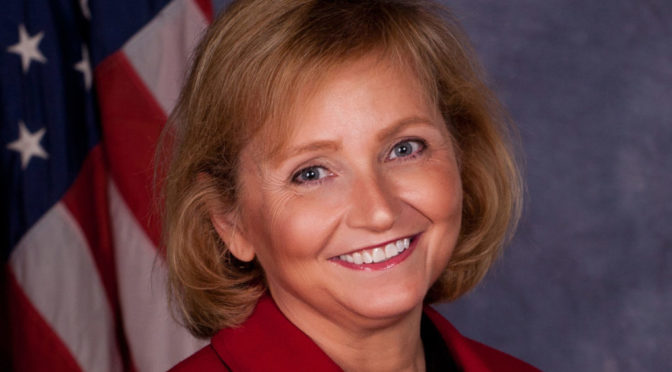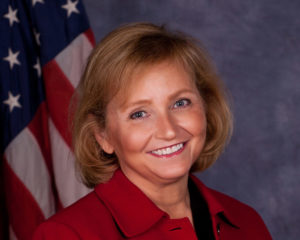TOPEKA – The state of Kansas announces the launch of a new art contest geared towards Kansas youth. The Youth Suicide Prevention Art Contest is for artists, musicians, painters, writers, sculptors, poets, singers and photographers in grades 6 to 12. The contest, hosted by Kansas Partners in Empowering Youth for Suicide Prevention, will help state agencies shape suicide prevention messages and health promotion campaigns.
In 2019, 521 Kansans died by suicide including six under the age of 15 and 83 individuals between the ages of 15 and 24.
“Suicide is the second leading cause of death for Kansans age 15 to 24 and is a leading cause of death for youth ages 5 to 14 – this is unacceptable,” Dr. Lee Norman, Secretary of the Kansas Department of Health and Environment, said. “Every one of us has a role to play, whether you’re a friend, parent, community member or school employee. We need to come together to help our youth.”
The Kansas Partners for Empowering Youth for Suicide Prevention is comprised of the following agencies: KDHE, Kansas Department for Aging and Disability Services (KDADS), Kansas Department for Children and Families (DCF), Kansas State Department of Education, the Kansas Suicide Prevention Headquarters along with the Kansas Attorney General’s Office.
This group believes that every young person deserves to be safe from suicide and that the best way to reach youth in Kansas is to provide opportunities for youth to reach out to their peers, thus creation of the Youth Suicide Prevention Art Contest.
The goals of the contest are to raise awareness of the possibility of hope and healing while working to provide enough support to Kansas youth so that no one ever walks alone in crisis. The submissions will reach other youth to reduce stigma around mental health and experiencing thoughts of suicide. Preventing suicide is a community effort and youth are extremely important. So, the partners ask eligible Kansas youth to pull out your pen and paper, reach for your guitar and mic, or grab your favorite art supplies to let your voices be heard!
All submissions to the Youth Suicide Prevention Art Contest are due by April 4, 2021, 10 p.m. For more information and to submit a project, please visit https://www.ksphq.org/artcontest/.
If you or someone you know is struggling with mental health or thoughts of suicide, please contact the National Suicide Prevention Lifeline at 800-273-8255 (or 800-273-TALK).


